What We Do
OrphanWise offers Trust-Based Relational Intervention® (TBRI®) training to those who work with children and teens who have experienced abuse, bereavement, neglect, poverty, or other trauma. Developed by The Karyn Purvis Institute for Child Development at Texas Christian University, TBRI® teaches caregivers to look beyond the surface and heal the long-term root of children’s behavioral issues.
Since 2019, OrphanWise has provided high-quality TBRI training® and resources to caregivers both in the U.S. and around the world.
“The message of hope for our families is that we can help our children to dramatic levels of healing.
We simply have to be devoted to it and be willing to invest what it’s going to take.”
– Dr. Karyn Purvis, creator of Trust-Based Relational Intervention
What is TBRI® Training?
Through OrphanWise’s four-part TBRI® training, caregivers will learn the three basic principles adults can employ to heal the injuries trauma has inflicted upon the children in their care:
- Connecting Principles: The essence of TBRI®, the Connecting Principles module focuses on practical ways to build healthy relationships and attachment. Through eye contact, healthy touch, and other practical ways to build bonds, caregivers are guided into creating secure attachments that catalyze the healing process.
- Empowering Principles: In this unit, caregivers learn practical strategies to help children feel safe. This module teaches caregivers techniques for being aware of and consistently providing for children’s physiological and environmental needs, such as adequate hydration, sleep, nutrition, exercise, and sensory stimulation.
- Correcting Principles: In this stage, caregivers are taught strategies for imparting self-regulation skills to the children in their care. After taking this module, participants will be better equipped to manage tantrums, aggressive behavior and more.
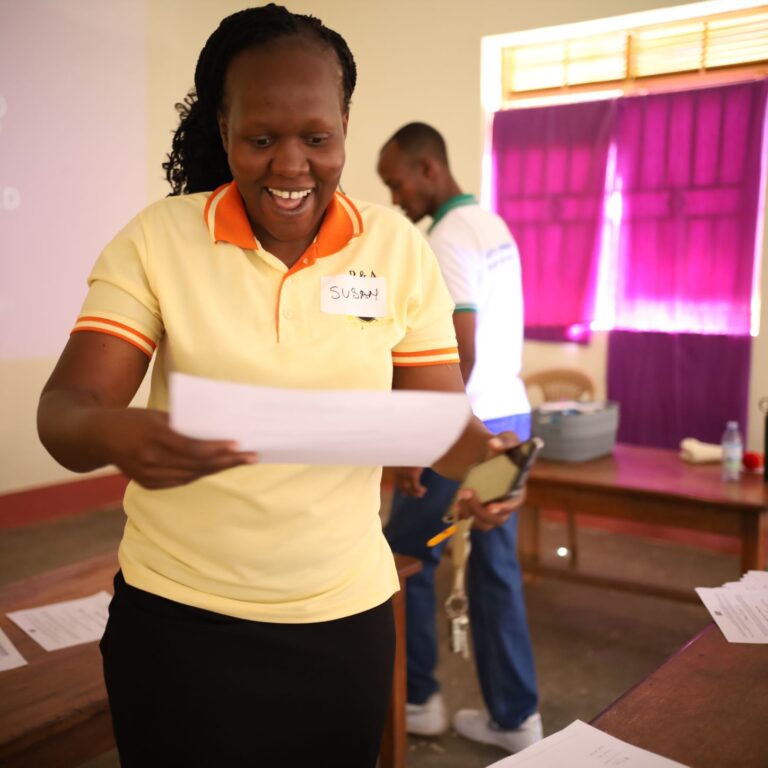
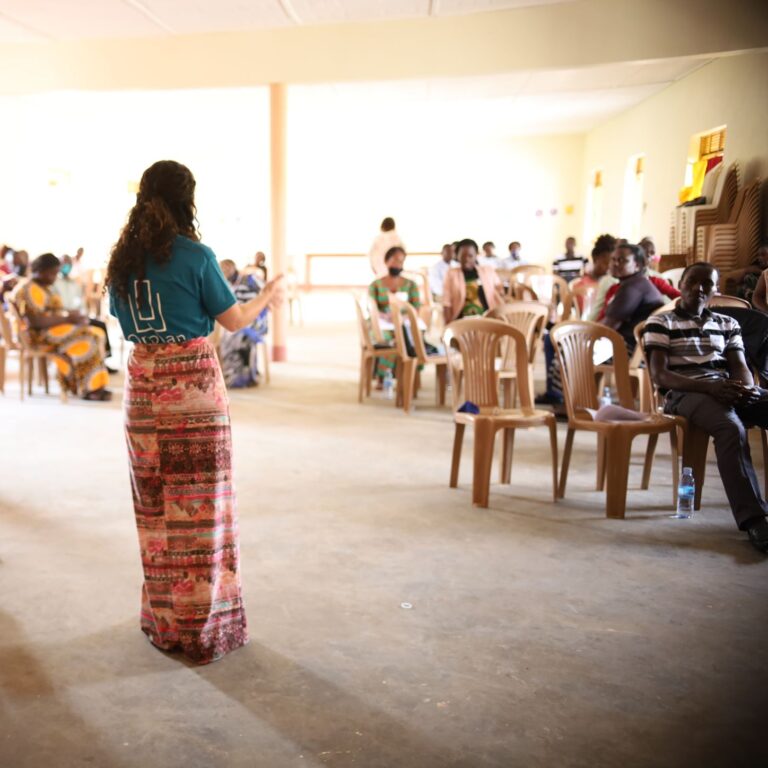
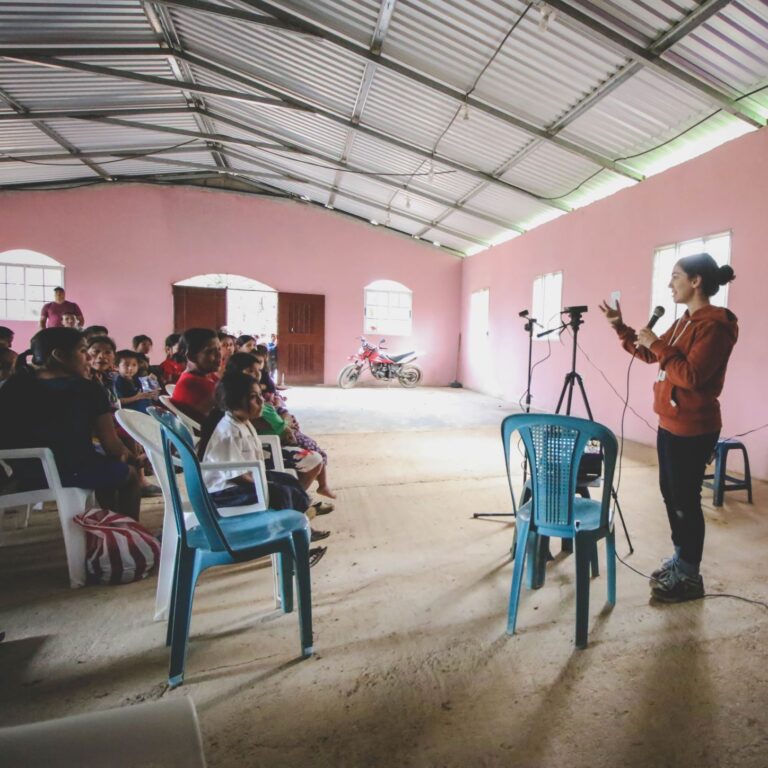


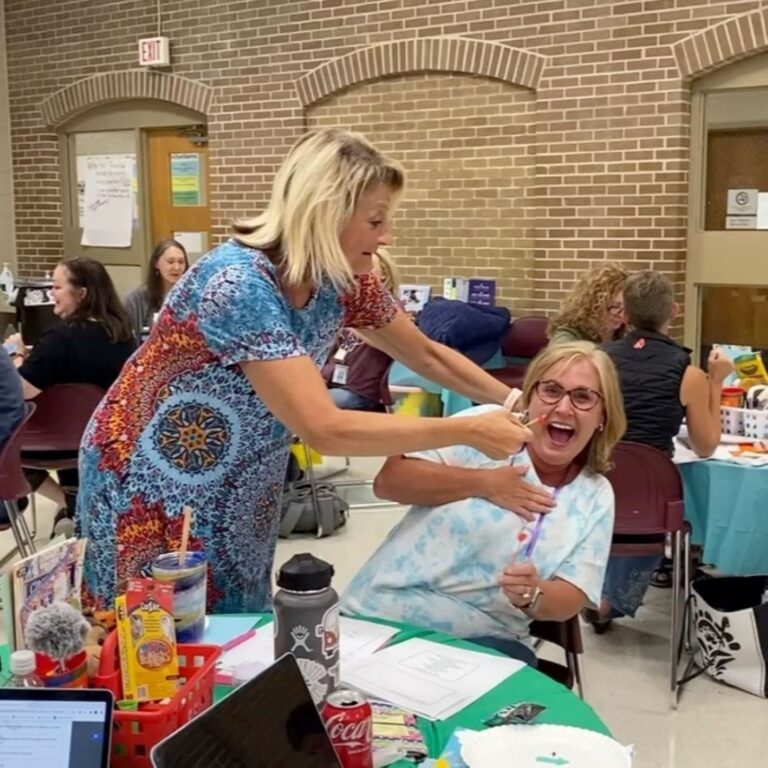
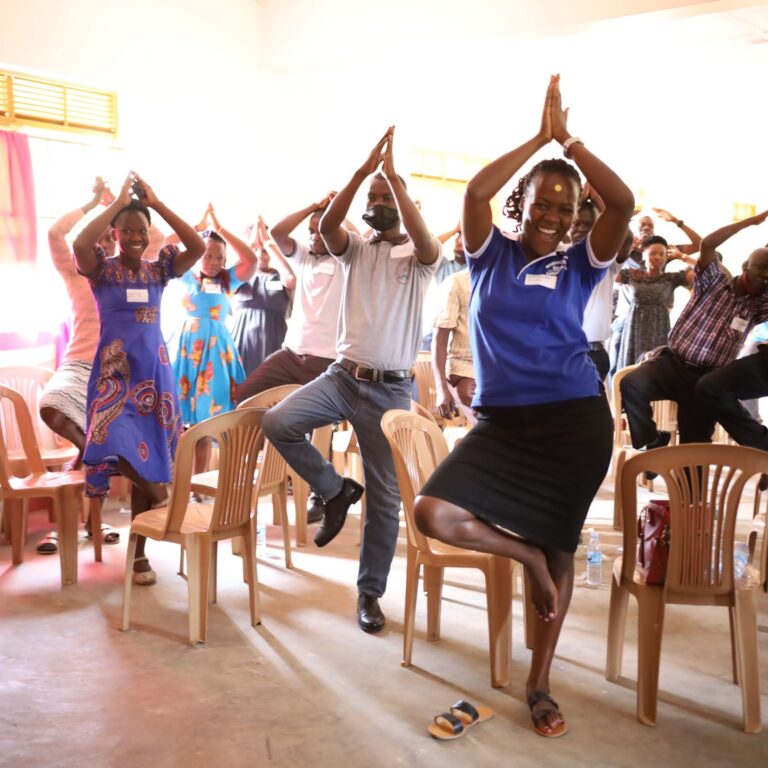
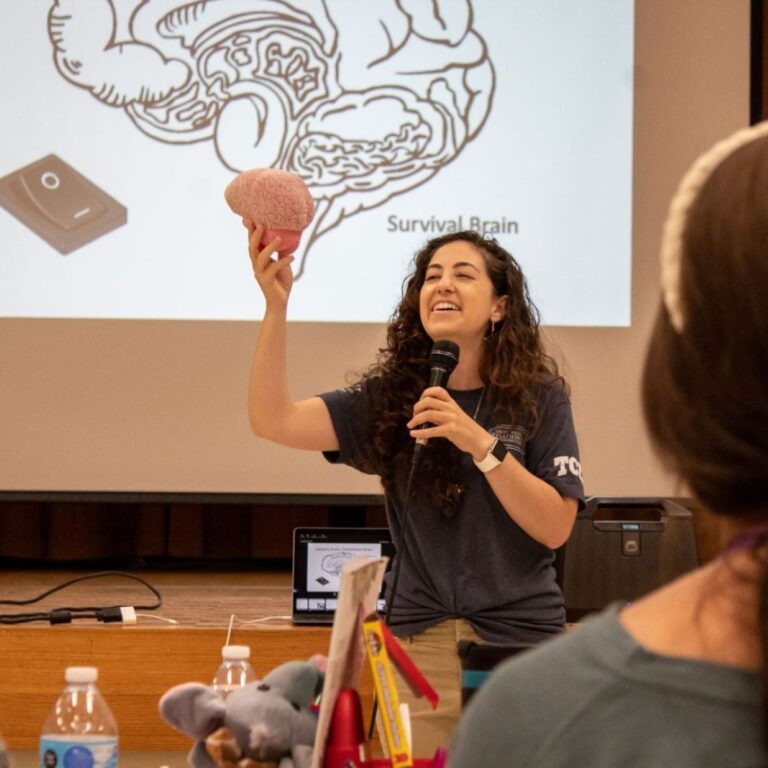
TBRI® has been shown in studies to be effective in promoting drastic change in the outcomes for struggling kids and teens. Researchers at the Karyn Purvis Institute of Child Development regularly conduct studies demonstrating the efficacy of TBRI®, and have discovered:
- As a result of their parents’ decision to learn TBRI®, children have demonstrated significantly improved global functioning based on the Brief Psychiatric Rating Scale for Children (BPRS-C), and a significant decrease in psychiatric symptom levels based on the Child’s Global Assessment Scale (CGAS).
- After becoming trained, parents report significantly less stress as reported on the Parental Stress Scale.
- TBRI® effects a decrease in behavioral problems and trauma symptoms among at-risk adopted children following trauma-informed parent training intervention.
- After the first year of implementation in a charter school at a residential facility for at-risk youth, school data showed a 33% decrease in referrals for physical aggression or fighting with peers over a one-year period. After a two-year period of implementation, school data showed a 68% decrease in office referrals for physical aggression. Overall there were 902 of these types of referrals combined in 2010-2011, and only 59 in 2012-2013, resulting in a 93.5% decrease in these types of incidents after the first two years of the implementation process.
- Decreases in serious incident reports by 39% and containments by 60% after TBRI® implementation in a group home setting providing transitional services for children ages 4 to 12 who could no longer live with their families.
Our Partners
OrphanWise is proud to partner with institutions dedicated to bringing hope and healing to children around the world.
- United Way of the Ocoee Region
- Boys & Girls Clubs of the Ocoee Region
- MindArt
- Childhelp Knoxville
- Cleveland Police Department
- K4 Enterprises
- Lee University Department of Behavioral and Social Sciences
- Lee University School of Education
- YMCA Y-CAP
- Blythe-Bower Elementary School
- Ver International (Honduras)
- Paraguay Protects Families
- Simone’s Kids (Uganda)
- Georgia Division of Family and Children’s Services (DFCS)
